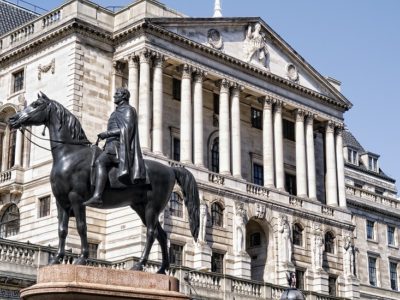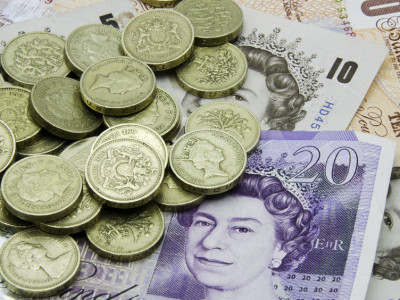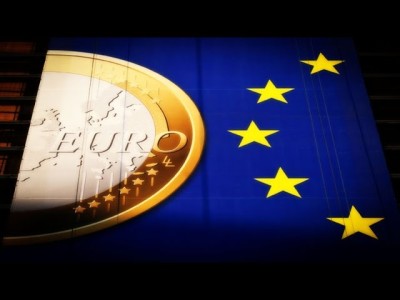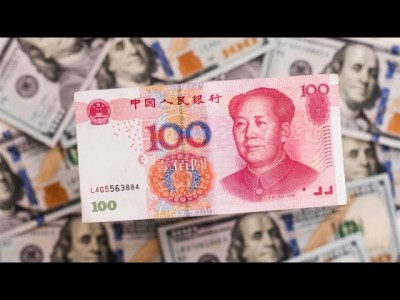FTSE 100 ends 2015 with further losses
FTSE 100, London’s top 100 shares index, ended Thursday’s traditionally half-day trading session with losses by 0.5% as it was largely influenced by the fall of oil and gas shares within the footsie. These firms have been negatively affected by nosedives of commodity prices during the year that just ended, while the negative sentiment of China’s growth slowdown also contributed to the unimpressive performance. It has been a turbulent year for the London stock market which lost 5% of its value, but which were the main contributors to the FTSE’s high volatility?
During the first quarter of the year, London investors were celebrating as the index began the year just over 6,500 points and managed to reach for the first time the 7,000-point mark. But the FTSE’s great performance was short-lived after continuing evidence that the Chinese economy was not growing as fast as expected and caused a dramatic chain reaction.
During the last days of August the index slipped by almost 10% due to the panic over China’s slowing economy while markets across the world were also affected, including commodity prices. Crude oil’s price has dropped by more than 45%, while copper and gold also fell by 25% and 11% respectively. The decrease in commodities’ prices caused notable slumps in value of the worlds largest mining companies which are listed in the London Stock Exchange (LSE) including the Anglo American, Glencore, and Rio Tinto.
Footsie’s performance also suffered by concerns that an interest rate increase by the Federal Reserve (Fed) would negatively affect the economies of emerging markets. A number of these markets borrowed in U.S. dollars given that the rates were low, but the prospect of higher interest rates meant that the interest repayment of those loans would be larger. The Fed eventually increased interest rates during the final month of 2015 from 0.25% to 0.5% and also announced further marginal increases over a three-year period provided that economic conditions would be favourable.
Although the FTSE 100 lost value, other european indices posted annual gains as they benefited from the European Central Bank’s (ECB) introduction of quantitative easing programme at the beginning of 2015. The German DAX 30 and the French CAC 40 both increased on an annual basis by 10% and 8.5% respectively.
It looks like that the London stock market’s performance will continue to be affected by the Chinese economy’s performance, for which there are still fears that it could continue to struggle for solid and fast growth, but also by the movement of crude oil prices. Another major influence is the Bank of England’s (BOE) upcoming monetary policy decisions and whether it will increase interest rates for the first time since 2007. Do you expect the FTSE to hit the 7,000-point mark during this year also?
The post FTSE 100 ends 2015 with further losses appeared first on Forex.Info.











